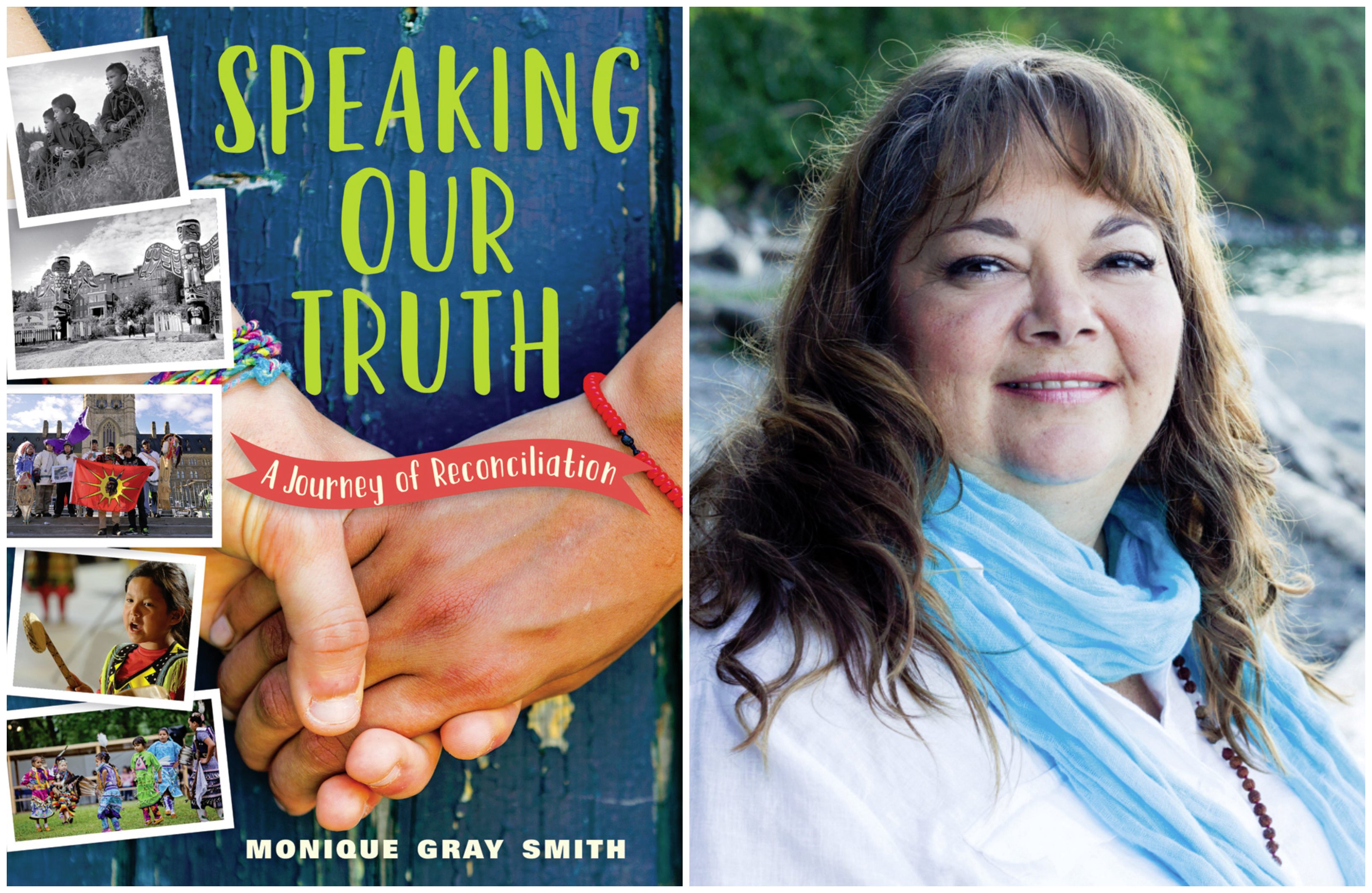The following post was written by our publisher, Andrew Wooldridge.
On Friday July 6, the newly-minted Ford government of Ontario abruptly cancelled a planned Indigenous curriculum development session for Ontario teachers hours before it was to begin, with no notice and with no acceptable explanation. Following the cancellation, there has been an outpouring of support for these teachers and their students, as well as a wider expression of desire for this curriculum to be developed and implemented. The actions of the Ford government are short-sighted and damaging; to arbitrarily withdraw from the imperative to do what is right and decent, seemingly without consideration for the needs of students and teachers, not to mention the will of the people. I think most conscious individuals would agree that this is critical and timely work, and that as a country we are obligated to work honestly and genuinely toward real reconciliation. Teachers must be supported in teaching Indigenous curriculum, particularly in regard to Reconciliation and to the work of the Truth and Reconciliation Commission.
Change begins with children, full stop. And in a world where the denigrating of individuals and groups has become commonplace, we must take action. There is no faster or more effective way to change thinking—and therefore our future as a cohesive society—than by educating young people about our collective history. This includes not just the stories of our colonial history and of the making of a nation, but the story of the Indigenous peoples: the ones who were here before anyone else; the ones who were stripped of their language, culture, land and even their children; the ones whose voices have been disregarded or drowned out as the invading population went about its business building a so-called True North, Strong and Free.
The way we communicate these stories to our schoolchildren is through books, discussion, the passing on of knowledge at the hands of Elders, and immersive learning experiences that move us all closer to a genuine reconciliation. With so little knowledge of this history in the hands of the people that are being asked to teach it in the classroom—teachers who learned nearly none of it throughout their own years of formal schooling—it is essential to have a well-developed guiding framework upon which educators can begin to scaffold this learning.
Monique Gray Smith, author of the recent Orca title Speaking Our Truth: A Journey of Reconciliation, has already pledged a donation of her book to Ontario teachers. Gray Smith, along with Cherie Dimaline, Tracey Lindberg and others, has committed to spreading the word and to helping educators respond to a desperate need. Orca will provide another 50 copies of the book for Gray Smith to make available to teachers, along with the accompanying instructional resource that has been developed.
While this might raise awareness and help some teachers respond to a need in their individual classrooms, there is still a long way to go in this country before we come close to true Reconciliation.
Ontario and Canada are better than this. Our children deserve more, and Indigenous people deserve far better. Justice Sinclair’s Calls to Action from the TRC were very clear and quite specific—in particular, calls to Action 62 through 65. I urge all Canadians to read these points, and to communicate your feelings to your elected officials. I would also ask that we talk to our children and explain why this is so important. This is not an issue that should slide out of public view because of the misguided opinions of a few.

